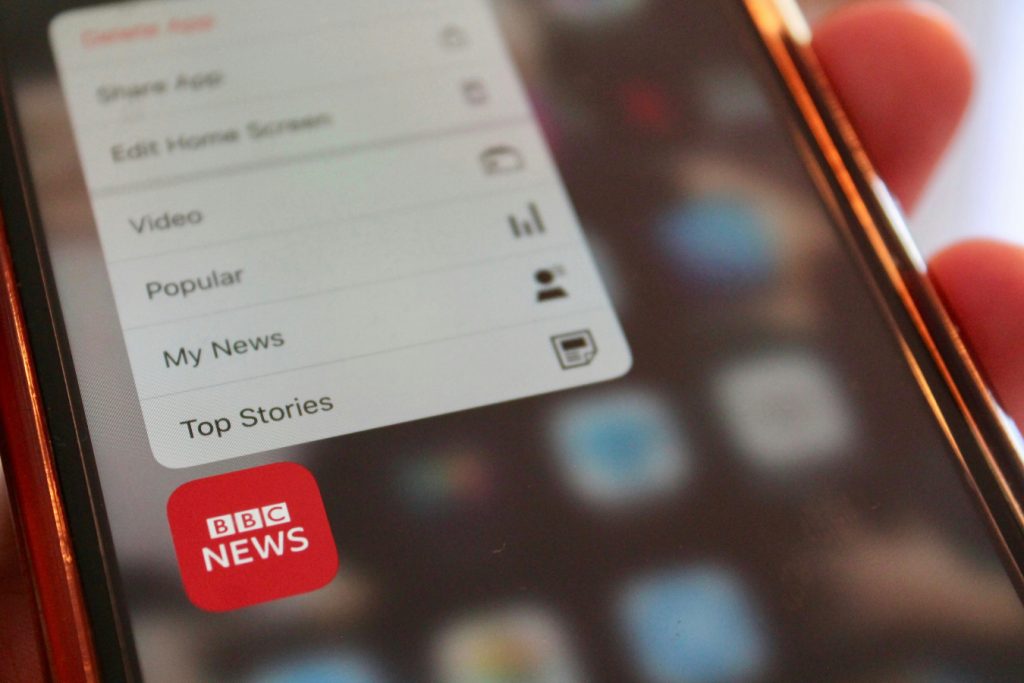

The British Broadcasting Corporation (BBC) has issued a formal legal notice to the US-based artificial intelligence startup Perplexity, accusing the company of using BBC content without authorization. This represents the broadcaster’s first direct legal confrontation with an AI company over alleged copyright infringement.
The BBC’s letter addressed to Perplexity CEO Aravind Srinivas states “This constitutes copyright infringement in the UK and breach of the BBC’s terms of use.”
The broadcaster claims to have evidence that Perplexity’s flagship AI product was trained using BBC materials. The letter demands that Perplexity immediately stop scraping BBC content, erase any existing data derived from it, and provide “a proposal for financial compensation.”
The BBC warned that it would pursue an injunction if the demands are not met.
BBC flags editorial and financial harm
The BBC expressed concern that its original reporting was being reproduced verbatim by Perplexity’s chatbot, potentially drawing audiences away from BBC platforms and undermining public trust. It emphasized the risk of eroding its reputation among UK licence fee-payers, who fund the broadcaster.
An internal BBC study published earlier this year found that 17% of summaries generated by Perplexity using BBC content had significant issues, such as “factual inaccuracies, sourcing problems, and missing context.”
Perplexity responds: ‘Manipulative and opportunistic’
In a statement quoted by the Financial Times, Perplexity dismissed the BBC’s accusations as “manipulative and opportunistic” alleging the broadcaster has “a fundamental misunderstanding of technology, the internet and intellectual property law.” The startup suggested that the BBC’s legal actions were an attempt “to preserve Google‘s illegal monopoly for its own self-interest.”
Perplexity maintains that it doesn’t build or train foundational AI models itself, but offers users access to AI systems from companies like OpenAI, Google, and Anthropic. However, a source familiar with the company reportedly told FT that its proprietary model is a refined variant of Meta’s Llama, optimized to enhance accuracy.
Pattern of publisher pushback
This is not Perplexity’s first encounter with legal tangles. The startup is already facing legal action from Dow Jones, publisher of The Wall Street Journal, and has received cease-and-desist letters from The New York Times and Condé Nast.
In response to mounting criticism, Perplexity has signed revenue-sharing deals with some publishers, including Time, Fortune, and Der Spiegel. The BBC has yet to enter such an agreement and appears intent on pursuing its claims.
Read our coverage of Apple’s escalating AI legal battles, including the Siri data lawsuit that could reshape how personal data is used in training AI models.

